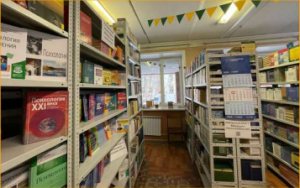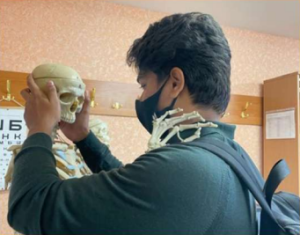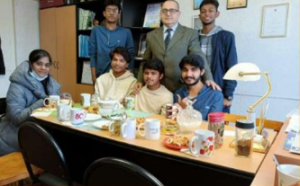





Slide
Slide
Slide
Slide
Slide
Slide
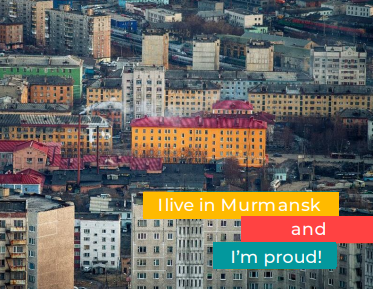
MAU
a core university in the Arctic
a newly established university founded by merging Murmansk Arctic State University (founded1939) and Murmansk State Technical University (founded1950) in 2023.
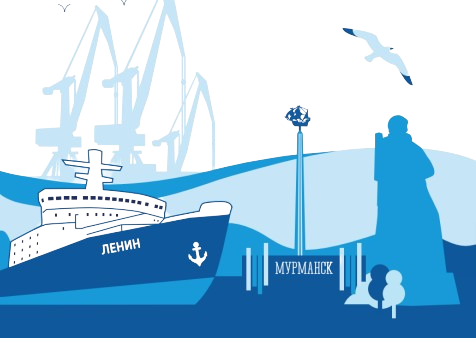
MURMANSK
Perfect place for future prospects
- Murmansk region is the main Arctic development driver and a unique investment platforms.
- Average salary in Murmansk region is 70 000 RUB.
- 2 hours by plane to moscow: 3 hours by car to Norway and Finland: 4 hours by plane to Sochi.
- Moderates climate conditions and unique nature.
- Iconic tourist destination for active people and nature lovers.
- 86% of all study programs at MAU are focused on the development of the Arctic region
- Perfect employment prospects: 70% of our alumni find job in Murmansk region
- MAU partners are large companies located in Murmansk region.
- MAU graduates are involved in investment projects of Territory of Advanced Development (specific economic zone) "Capital of the Arctic"
- Top demanded study programs Opportunity for unique educational track from bachelor degree to PhD
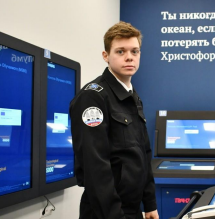

About Programs
- “Marine Academy” Institute
- Institute of Applied Arctic Technologies
- Natural Science and Technology Institute
- Medicine and Life Sciences Institute
- Intelligent Systems and Digital Technologies Institute
- Physical Education and Sports Faculty
- Legal Studies Faculty
- Creative Industries and Entrepreneurship Institute
- Psychology and Pedagogy Institute
- Humanities and Social Studies Institute


Some Figures
- 4 state accredited majors with over 150
programs in Vocational training, Bachelor,
Master, Specialist and Ph.D. programs - 4 cities: 2 – higher education (Murmansk, Apatity) and 4 – vocational training (Murmansk, Kirovsk, Poliarny)
- 75% of teaching staff (Murmansk) holding a Ph.D. or Advanced Doctor Degree in 2022
- Geography of students: Russia, Kazakhstan, Belarus, Tajikistan, Uzbekistan, Afghanistan, Egypt, Azerbaijan, India, Syria, Palestine, Zimbabwe, Iran, Turkiye, Marocco, Nigeria.
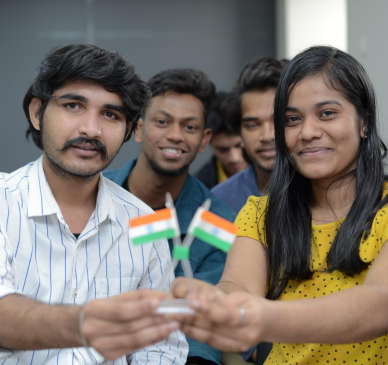

Campus Ecosystem
MAU campus:
- gym
- comfortable dormitory
- canteen
- libraries
- modern lecture halls and classrooms
for practical sessions - spacious and multifunctional congress hall.
MAU has more than 19 student communities: from drum band and theatre studio to scientific society and volunteer association.
MAU Rsearch Areas
- Arctic bioresources (biology and marine bio resources, fish processing, public catering and products technology, refrigeration and cryogenics)
- Environmental technologies and technosphere safety (environmental engineering)
- Arctic mineral and hydrocarbonic resources (geology and mineral exploration, oil and gas engineering)
- Logistics and development of territories (computer science and engineering, transport and technological machines and systems, heat and power engineering, electrical engineering).
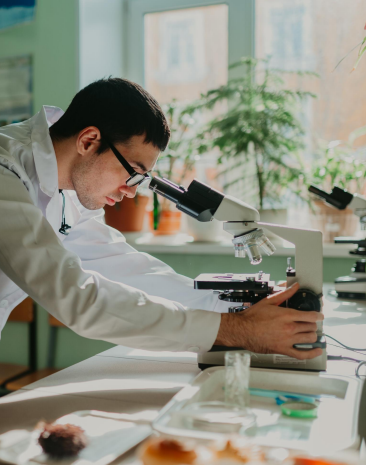
Russian-Asian Consortium for Arctic Research
Thematic research activities:
- Transport infrastructure in the Arctic
- Northern delivery
- People in the Arctic
- Improving the quality of life in the North
- Resilience of Arctic indigenous communities
- Investments in the Arctic
- Tourism
- Arctic power systems
- Natural resources and industrial
development in the Arctic - Environmental problems in the North climate change and permafrost
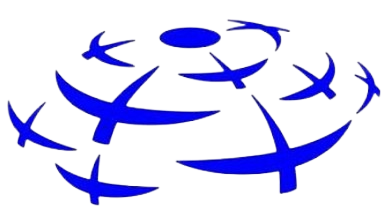
To date, the consortium members are 13 Russian participants, as well as the Oceanological University of China.


